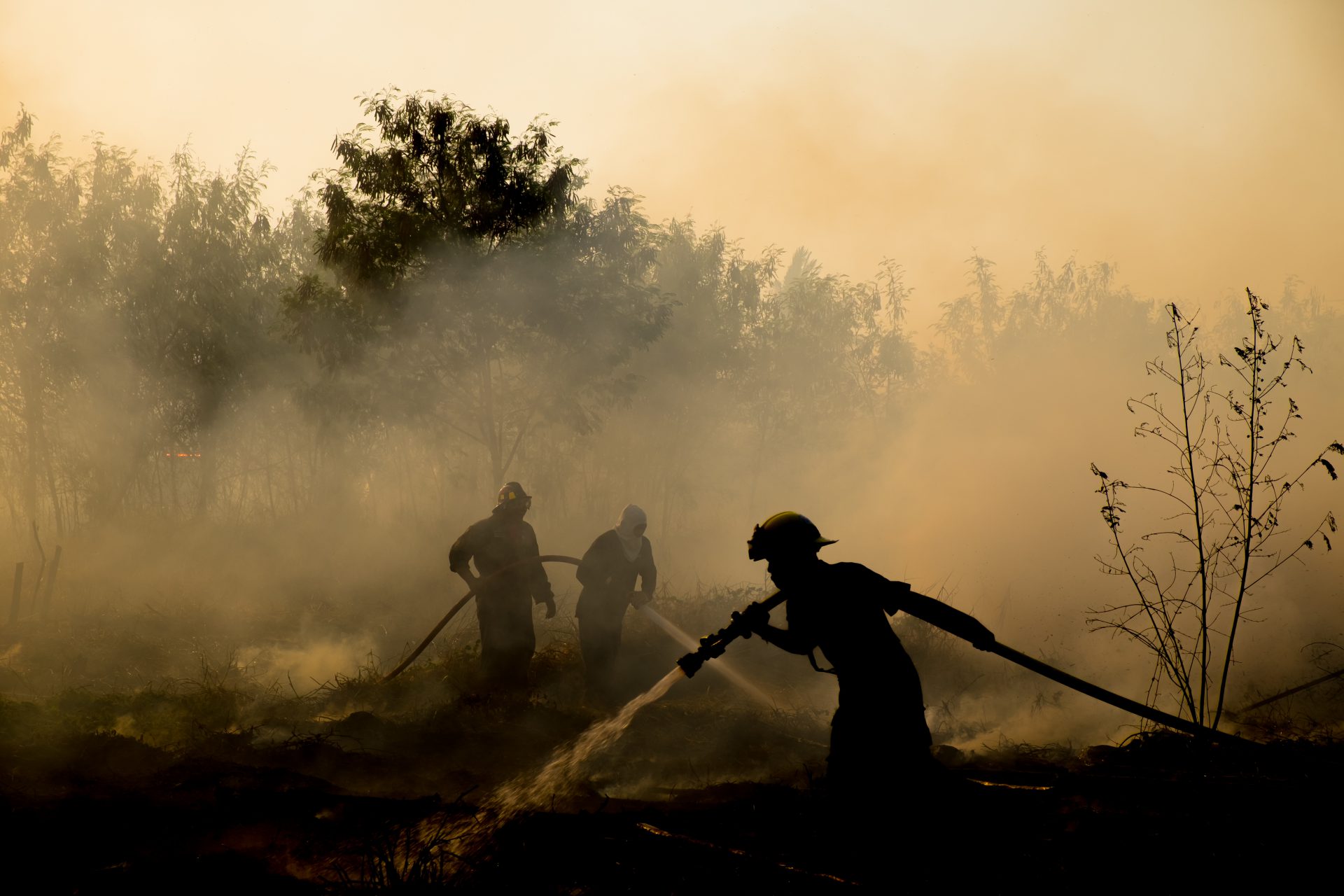Researchers at UNBC will spend the next year studying what is known about the health impacts of occupational exposure to wildfires.
Dr. Chelsea Pelletier, an assistant professor at UNBC’s School of Health Sciences, is leading the research project, which has three main objectives. The first of those is to review the literature to understand the health risks.
“We want to take a holistic lens to that. Physical health, which I think is the most obvious, and also mental and emotional health including things like stress, fatigue, and sleep in wildfire fighters,” Pelletier told MyPGNow.
They will also be looking at mitigation strategies to determine if they could potentially be used in B.C. and the third objective is to speak with firefighters and the B.C. Wildfire Service (BCWFS) to start to determine what the research priorities should be.
Pelletier said some mitigation practices being used in other areas include things like respiratory protection gear (masks) and hygiene practices such as showering after exposure, “Other examples would be from an administrative or management perspective, so like cycling crews or moving crews around to different areas.”
One of the main reasons Pelletier said they are doing this project is the lack of research that exists on wildland firefighters.
“Through our initial search, wildland firefighters are vastly understudied in comparison to other first responder type populations, so structural firefighters for example. We know that it’s comparatively less and less well understood, which is why there is such a need for research, and targeted research.”
MyPGNow released an article in April looking at all that we do not know of wildfire smoke and Pelletier said this project is largely based on that lack of understanding of the health risks to those exposed to it.
“We’ve done some previous work, we’ve done some short term studies looking at one season impacts. But anything beyond that, there’s really no information. What happens after repeated seasons of exposure or a whole career of five or 10 years of working as a wildfire fighter, we don’t actually know what the long term health impacts may be.”
This work over the next year will lay the groundwork of identifying what needs to be researched next and Pelletier said she hopes the UNBC team will then move forward with BCWFS to do that.
Something going on in the Prince George area you think people should know about?
Send us a news tip by emailing [email protected].






